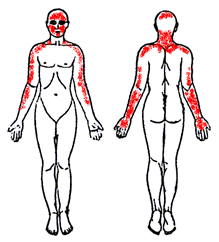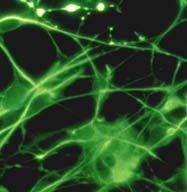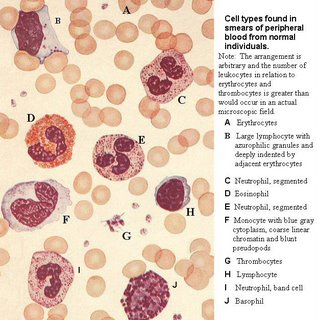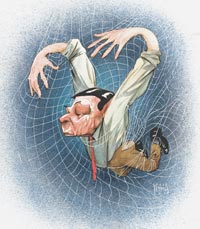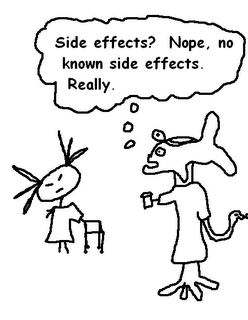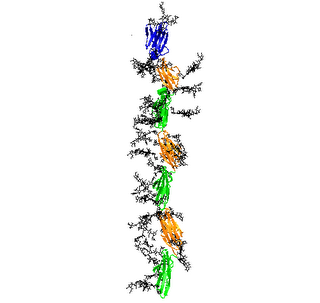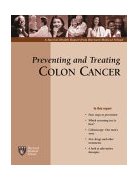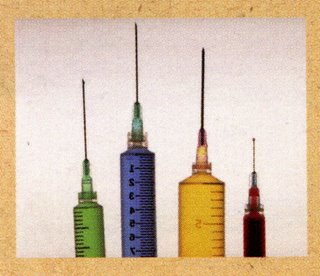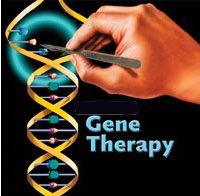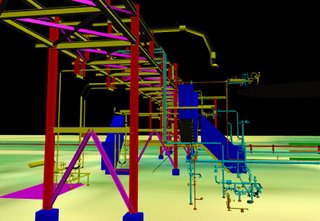
It may be premature to be thinking about new projects or initiatives one day after learning my chemotherapy treatments are now over. But thinking I am! Last night, I woke up in the middle of the night mulling over the outline for a book proposal.
That particular project is big, but I've already begun a sample chapter to use for proposal submissions to publishing houses. The tentative name? Stage III: My Experience of Rectal Cancer.
I still have to do a lot of work besides writing a draft/sample chapter. There is marketing research, an analysis and comparison of all the books related to rectal cancer and why my book would be different and, one hopes, a welcomed addition. Still, having a project like that in mind has already changed some of my decisions about other priorities. Even if I have to self-publish an electronic book only, it may be worth the effort simply to provide others with a resource more friendly, easier to use, with superior coherency to my existing blog entries, and presumably better written than my blog.
I've started thinking about other, less ambitious projects and initiatives as well. Some would startle even my closest family members. I'll explain some of those in later posts. I am also contemplating returning to some activities and interests that I've let slip - again, something that I intend to share with readers when it seems appropriate.
But for now, my body is demonstrating that no matter how ecstatic I might have been yesterday about the termination of therapy, it will be a long tobaggan ride down Mt Everest. The skin rash continues, the neuropathy and sensitivity to anything cold is still interfering with normal life, and the fatigue is undiminished.
But, following the example of a good friend, I was able to go to Chapters with my family today and buy a good book for each of my sons - Freakonomics for my son beginning his university journey into the world of economics, and Everything Bad is Good for You for my youngest son, the iconoclast of the family, someone who always makes me think twice before making a judgement about the popular culture of his generation.
Yesterday and today have also been characterized by friends and family members who have been writing with congratulations about the end of treatment. I appreciate every single email and phone call. It's also reassuring to know how many people understand the significance this milestone has for me.
